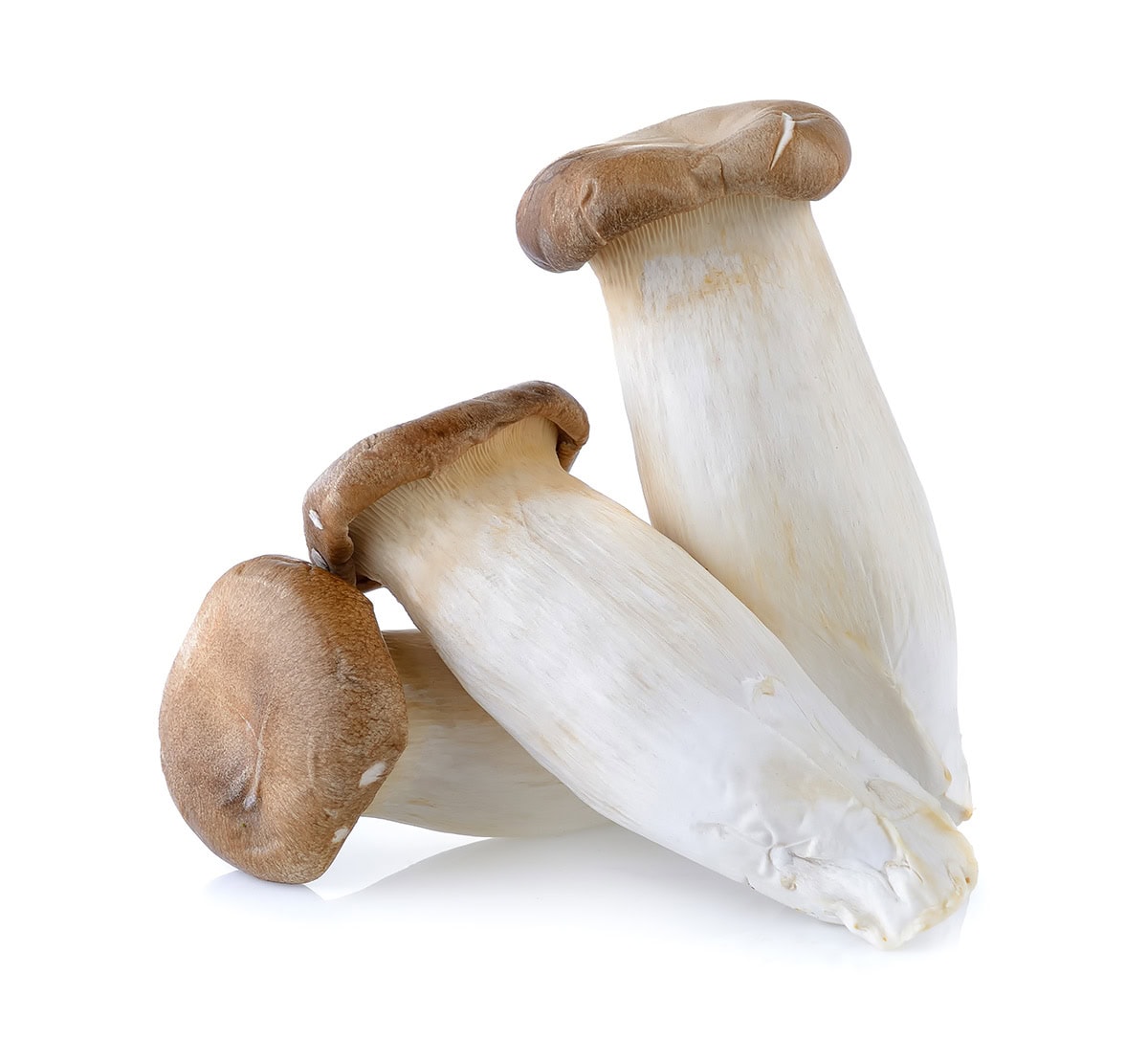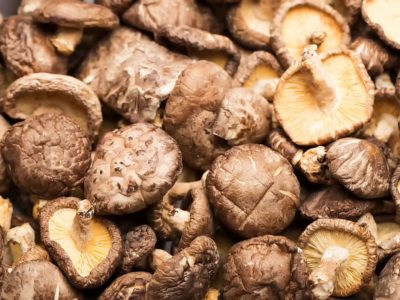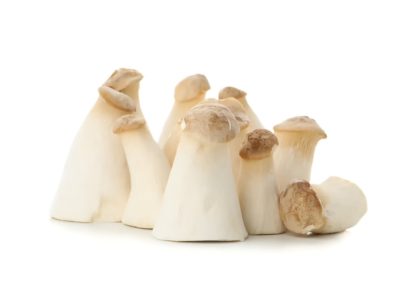The aim of study was to explore the antioxidant, antitumor, and immune-boosting effects of a polypeptide extracted from the mycelium of Pleurotus eryngii (PEMP). Researchers looked into how this polypeptide could stimulate Ana-1 macrophages, which are immune cells. They measured the macrophages’ ability to absorb neutral red dye, produce nitric oxide (NO), hydrogen peroxide (H2O2), tumor necrosis factor-alpha (TNF-alpha), and interleukin-6 (IL-6). They also assessed the expression levels of TLR2 and TLR4 proteins and the survival rate of Ana-1 cells to understand its impact on the immune system.
To study its antitumor properties, scientists examined how PEMP affected the survival of cancer cells from the cervix, breast, and stomach. The antioxidant activities were investigated by looking at its ability to reduce DPPH, superoxide (O2-), and hydroxyl (OH) radicals.
The results showed that PEMP had strong antioxidant properties and could inhibit cancer cell growth while boosting the immune system. At concentrations between 0.05 to 2 mg/mL, PEMP inhibited cancer cell proliferation but promoted macrophage proliferation, secretion of TNF-alpha and IL-6, and increased TLR2 and TLR4 expression. It also enhanced the phagocytic ability of macrophages through the release of NO and H2O2. Furthermore, from 0.2 to 1 mg/mL, PEMP demonstrated strong ability to neutralize free radicals like DPPH, O2-, and OH- in a dose-dependent manner.
Based on these findings, PEMP could be useful in creating functional foods that serve as natural anti-aging and antiviral agents, due to its antioxidant and immune-boosting properties.
Sun, Y., Hu, X., & Li, W. (2017). Antioxidant, antitumor and immunostimulatory activities of the polypeptide from Pleurotus eryngii mycelium. Int J Biol Macromol, 97, 323-330. doi:10.1016/j.ijbiomac.2017.01.043



